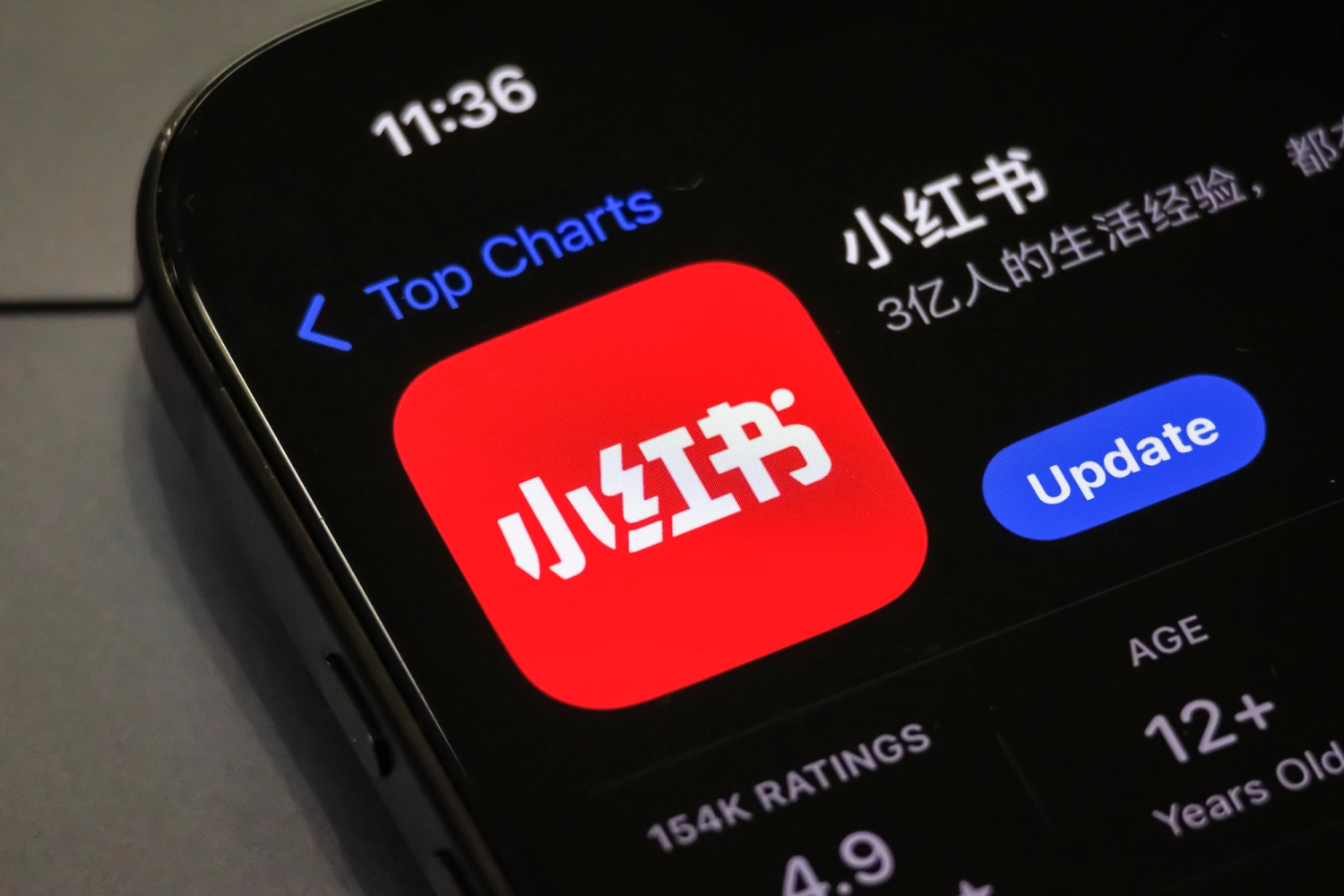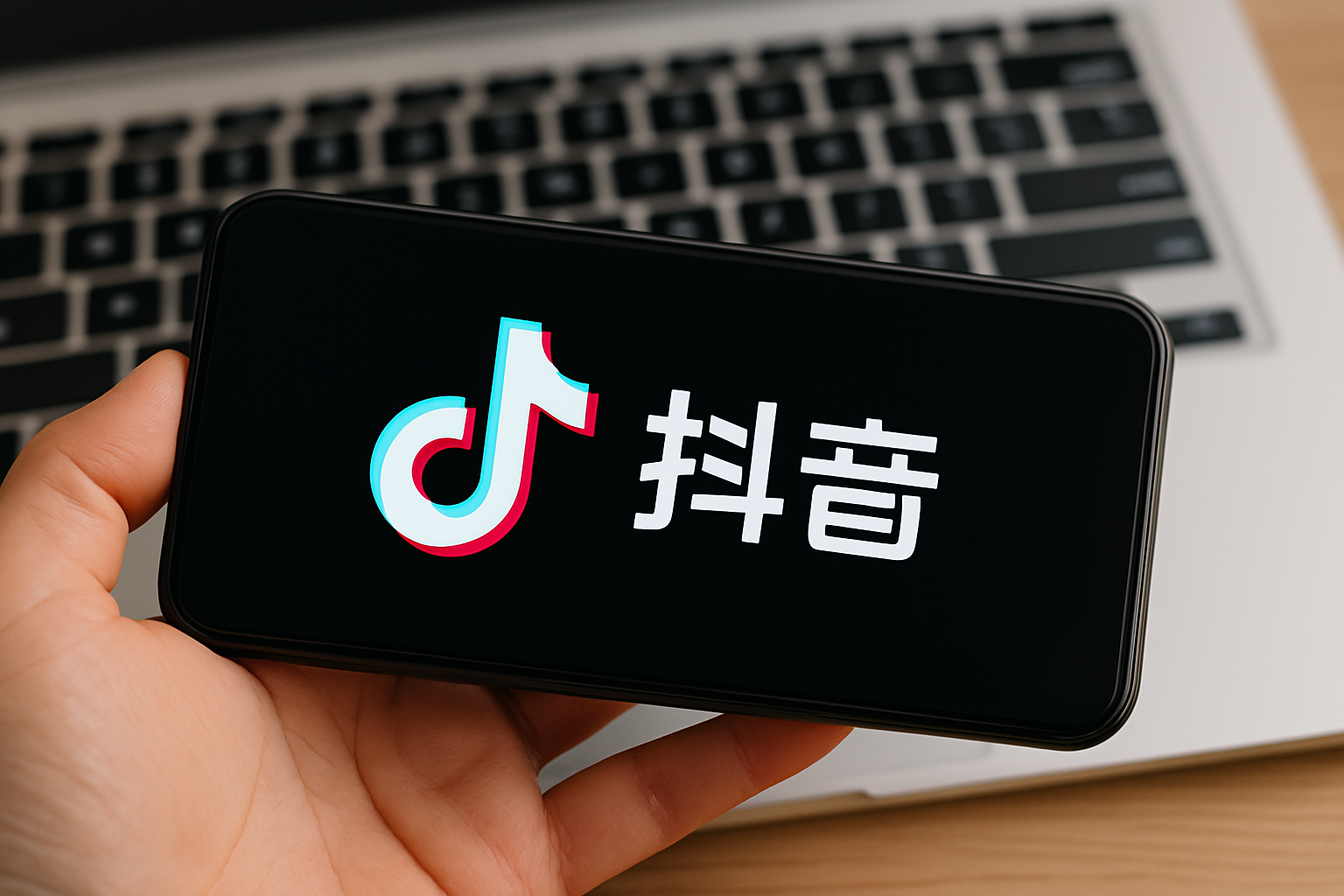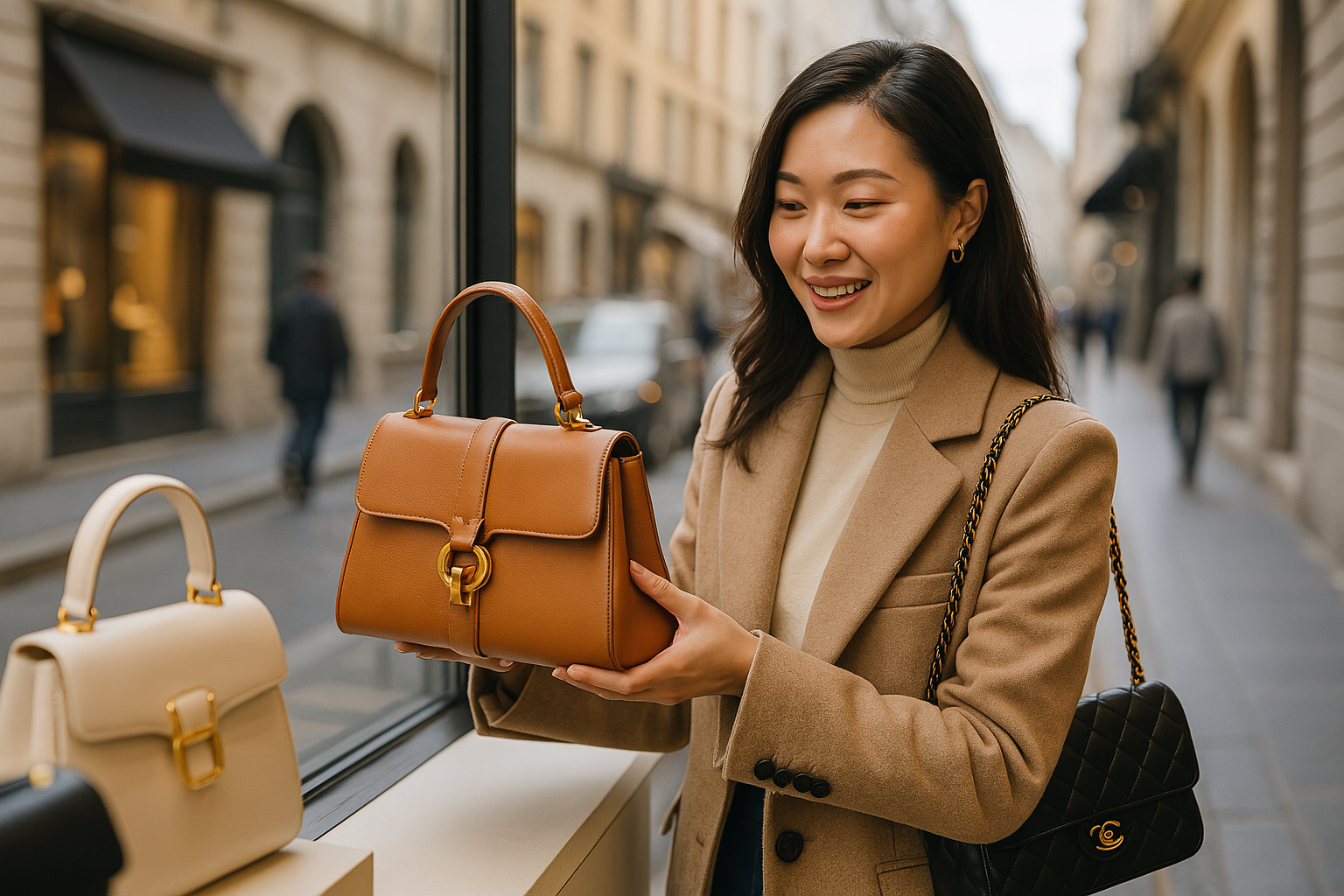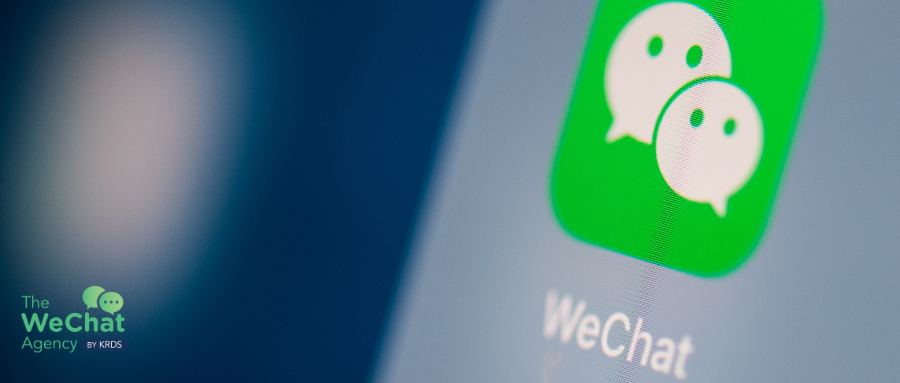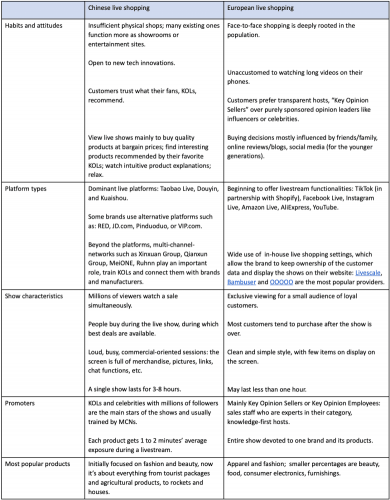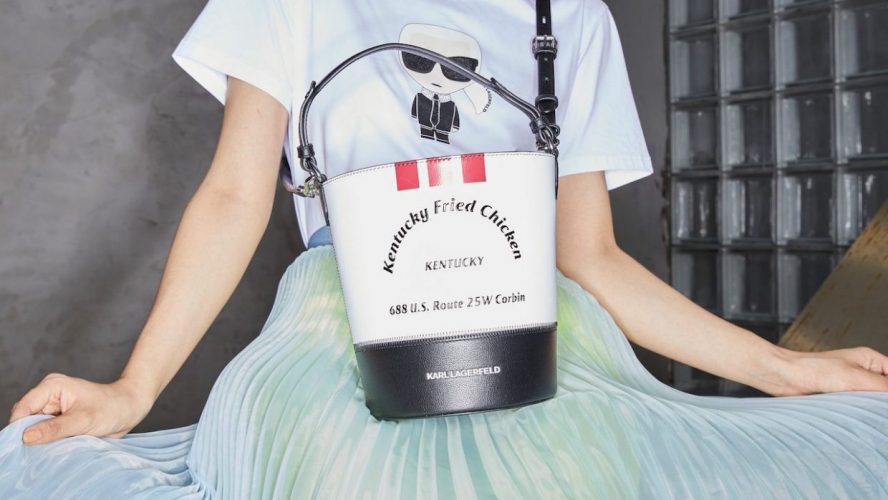Why Online and Offline is a Must to Meet Chinese Consumers’ Retail Expectations
There is no opposition between Onlive VS Offline: most Chinese consumers do not make ‘either-or’ shopping decisions. They may shop online or go to the store, depending on their current needs. They do, however, desire a consistent and integrated experience regardless of where they are. More physical establishments are enhancing customer experiences with tech-driven services such as live streaming, as well as physical forms such as workshops and event spaces that are also connected to technology.
Retailers are successful if they 1. make it more entertaining, 2. make it more pleasurable, 3. make it more reliable, or 4. take away the agony.” It used to be enough to be the best in one of the four quadrants. However, as the retail industry has gotten more competitive, retailers must now cover all four quadrants. Alibaba, for example, not only addresses the problems (like Amazon does), but it also adds a lot to make purchasing enjoyable.
Consumers now regard shopping as a pastime or a form of entertainment, with the goal of not just getting goods but also being entertained and learning new things. And making some purchases along the way.” Consumers, on the other hand, have high expectations for the entire customer journey. They are looking for something more than just a transaction. Consumers expect experiences that are enjoyable, meaningful, and connected to their values. It doesn’t have to be a high-tech augmented reality game all of the time.
Link: https://www.chinaskinny.com/blog/chinese-retail-expectations/
Why China’s Idol Economy is at its Turning Point
With a few significant scandals and strengthened controls and actions by the Chinese Cyberspace Administration, 2021 was a year full of changes for Chinese influencers and KOLs. Following the “227 Event,” which involved actor and singer Xiao Zhan and his adoring followers and resulted in the entire suspension of a website in China due to its widespread reporting, a barrage of criticism erupted.
Furthermore, many followers will go to any length to support their idol. To stimulate irrational consumption, brands exploited this mentality by linking their products to their idols’ “reputation.”
The “Qinglang Campaign” is a broad crackdown in China against “fan culture.” To begin with, Chinese authorities have stated unequivocally that they “do not support” unreasonable fan behaviour. Because of this stern stance, brands were forced to reconsider their cooperation with Chinese idols. The old idol economy model, which is based on the purchasing power of fans, would plainly put companies in danger.
Finally, numerous fan organisations have been subjected to direct limitations on Chinese social media platforms. On Weibo, certain well-known musicians’ online fan groups were banned for a month. As a result, nearly all fan groups are now attempting to find ways to avoid the storm. They’re altering their social media accounts usernames and advising their fans to keep a low profile.
The current state of the idol economy does not imply that idols will vanish in China; fans still adore their idols, but extreme forms of fandom have been prohibited. When possible, fans can still find fresh ways to show their support for their favourites.
Link: https://daxueconsulting.com/china-idol-economy/
5 Emerging Cities in China Luxury Brands Cannot Overlook
When it comes to marketing, global luxury companies concentrate on first-tier cities, yet brand strategies in emerging markets must be distinct from those in Tier-1 cities. Young shoppers in lower-tier cities are less concerned about living costs and saving challenges than those in top-tier cities. As a result, they have more money to spend.
The 11/11 Shopping Festival confirmed that China’s lower-tier cities are a promising market for luxury products. Between November 1 and 3, when Tmall began selling luxury items, the number of luxury customers in smaller cities increased by about 50%. Tmall’s Luxury Pavilion received orders from YOY and shoppers from nearly 400 different cities.
In emerging nations, the “invisible rich person” has become a critical consumer category. 5 non-top-tier cities with a high concentration of high-net-worth individuals: Ningbo, Suzhou, Xi’an, Shenyang, and Wuhan are all cities in China.
Link: https://jingdaily.com/lower-tier-cities-high-net-worth-luxury-ningbo-wuhan/
Baidu App launched the first metahuman based on celebrity
GONG Jun, the first star in the metaverse with a metahuman IP, has joined the Baidu app as an AI explorer. This metahuman is distinct from other virtual idols in that he can interact with app users. You can talk to him and ask him questions, and he will appear when you call his name and answer your inquiries.
Baidu used Text To Speech to make the metahuman’s speech sound as real as possible. Users can allow him to read the news during his commute. A metahuman IP might give celebrities more options and set them apart from the competition. It can also be used in a variety of situations, such as customer service, tutoring, and so on.
Link: https://mp.weixin.qq.com/s/NZGaFUjT1PWRBsAA3m9ZwQ
WeChat external links regulation
In a private message, the users can send the external links they want.In the group chat, the users can share the eshop(Taobao, JD etc) links and open them directly (test stage). It plans to let the users manage the external links in their WeChat.
Link: https://mp.weixin.qq.com/s/7zxqex8DuuWj8cFfDhz2bw
Why do luxury brands like marketing crossover?
- Ferrari held its first fashion show by inviting Armani’s creative director to design clothes.
- LV opened its first coffee shop in Japan at the beginning of the year. The high-value design attracted many people. Although the price of LV coffee is higher than the market price of other coffee, the price is very cost-effective for the luxury brand image left by Lv to users.
- Hermes opened a gym in Chengdu this year. Hermes has grasped the concept of an active and healthy life of people, sending the positive life spirit of the brand in addition to fitness.
- Prada opened a vegetable store in the centre of Shanghai and covered the whole vegetable market with logos. The highlight is to provide Prada packaging bags for offline consumers.
The purpose of luxury play cross-border marketing is to pursue freshness and use “small money to get large traffic flow”. In addition to taking care of their own consumer groups, brand culture can be extended to life.
Cross border marketing not only retains the luxury temperament of the brand but also provides users with different luxury product experiences. Compared with sports cars, clothing can also expand the range of consumers. It injects interest into the brand and allows users to understand the value point and culture of the brand in an all-round way
In fact, every cross-border brand has insight into the current popular life and combines the tonality of the brand with marketing to form a higher degree of discussion, but also seize more consumer groups.
Link:https://mp.weixin.qq.com/s/vqBhla4FeAkX62gwVMg09g
